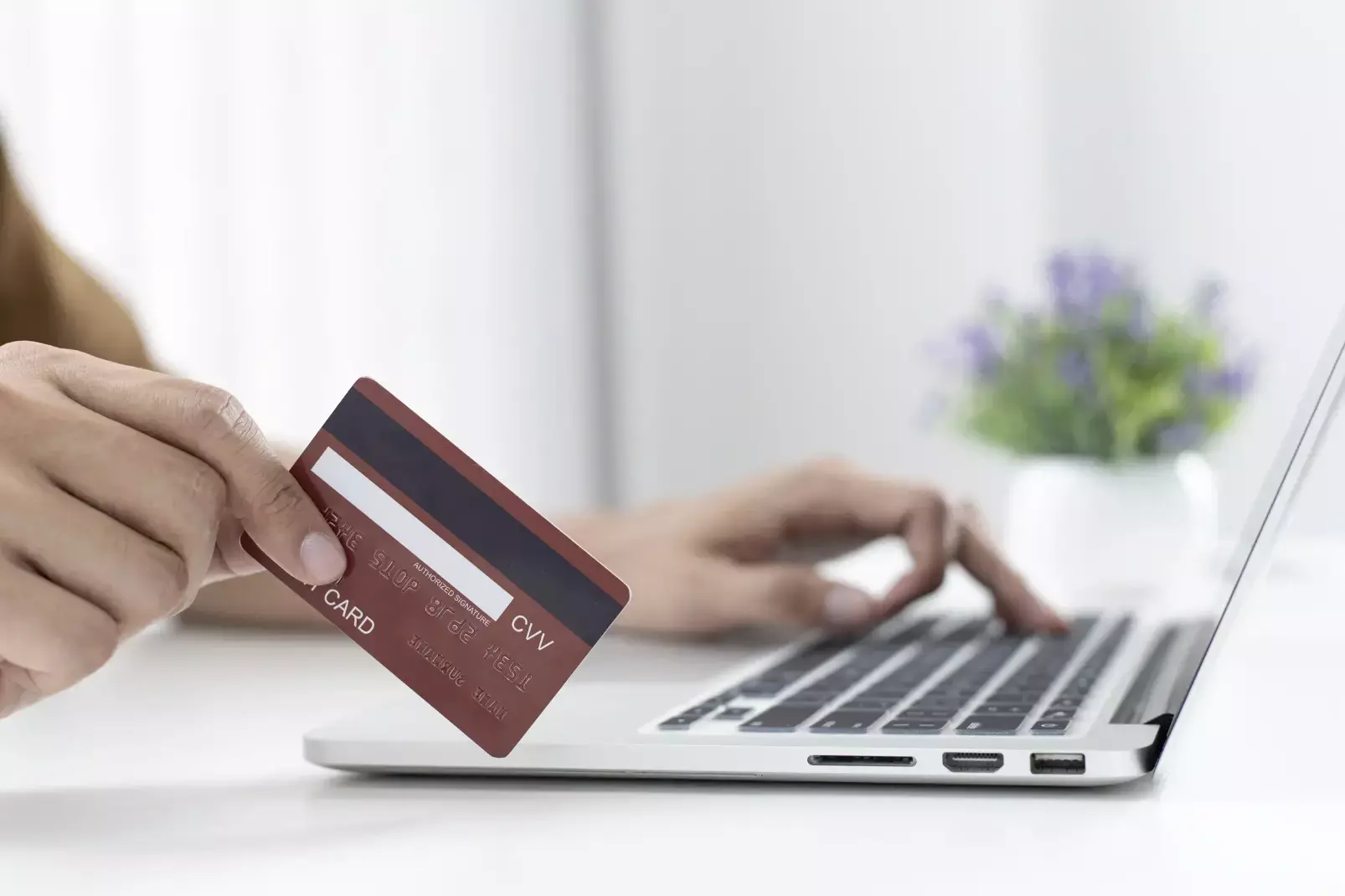Online transactions have become a staple in our everyday lives. But, the convenience of making purchases online also comes with the responsibility of protecting one's sensitive information. Ensuring the safety of your credit card details is very important to prevent unauthorized access and potential financial losses. Here are expert strategies to help you safeguard your credit card information while navigating the web:
1. Use Secure Websites (HTTPS):
Always ensure that your transaction is on a secure website. Look for "https://" in the website's URL and a padlock icon in the address bar. This means your information is secure. Securing connections and encrypting your data makes it significantly hard for hackers to intercept and steal your credit card information.
2. Employ Strong Passwords:
Create strong and unique passwords for your online accounts, including those associated with your ATM cards. Avoid using easily guessable information like birthdays or common words. A combination of letters, numbers, and special characters will strengthen your account's security.
3. Enable Two-Factor Authentication (2FA):
Wherever possible, activate two-factor authentication for your accounts. This adds an extra layer of security. This requires a second form of verification, such as a text message or authentication app, in addition to your password.
4. Regularly Monitor Your Accounts:
Frequently review your credit card and bank statements for any unauthorized or suspicious transactions. The sooner you detect and report any fraudulent activity, the quicker you can take action to minimize potential damage.
5. Avoid Public Wi-Fi for Transactions:
If one can avoid Public Wi-Fi networks, one should as they are often less secure and can be vulnerable to hackers. Refrain from making credit card transactions or accessing sensitive accounts while connected to public Wi-Fi. Use a virtual private network (VPN) if you must connect to the internet on the go.
6. Be Cautious of Phishing Attempts:
Phishing is a technique for attempting to acquire sensitive data, such as bank account numbers, through a fraudulent solicitation in email or on a website. One must beware of emails or messages asking you to provide your credit card information. Legitimate organizations will never ask for sensitive information via email. Always verify the source of any requests before sharing your data.
7. Use Virtual Credit Cards:
Consider using virtual credit cards for online transactions. These temporary cards are linked to your main credit card but have limited funds and validity. Even if a virtual card is compromised, your main credit card details remain safe.
8. Keep Software Updated:
Regularly update your operating system, web browsers, and security software. These updates often include patches that address vulnerabilities, enhancing the overall security of your devices.
9. Avoid Saving Credit Card Information:
While it might be convenient to save your credit card details on websites, it also increases the risk if that site's security is compromised. Opt not to save your information, and manually enter it each time you make a purchase as it keeps your card details safe.
10. Monitor Your Credit Report:
Check your credit report annually to identify any suspicious or unauthorized activities. This can help you detect any unauthorized credit card accounts opened in your name.
By following these expert strategies, you can significantly reduce the risk of your credit card details falling into the wrong hands. Remember, proactive measures go a long way in ensuring your financial security in the digital realm. If you are thinking of getting a safe and very secure card, either a debit or credit card, Try a Verve Card, they are not only secure but they are also very reliable.
Can someone use your credit card with just the number and CVV?
Yes, in some cases, someone can make unauthorized online purchases with just the credit card number and CVV. However, additional security measures and information are often required for most transactions.
Is it safe to give your credit card number online?
No, it is generally not safe to give your credit card number online unless you are using a trusted and secure payment platform or website.
What are the two ways of protecting your credit card from unauthorized use?
Two ways to protect your credit card from unauthorized use are by keeping it Secure and Monitoring Transactions.
Can your credit card be stolen remotely?
Yes, credit card information can be stolen remotely through various methods like hacking, phishing, or card skimming.
